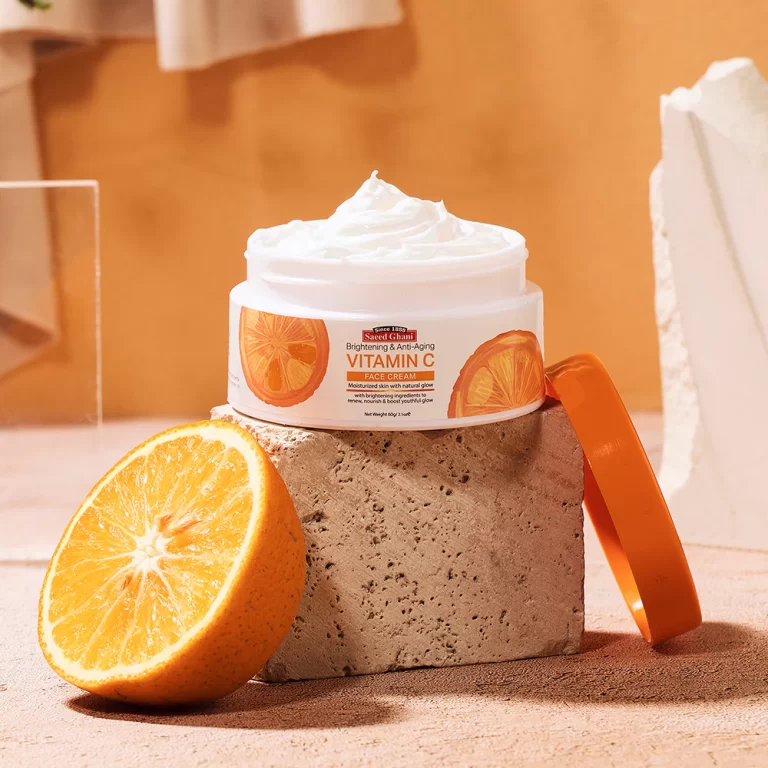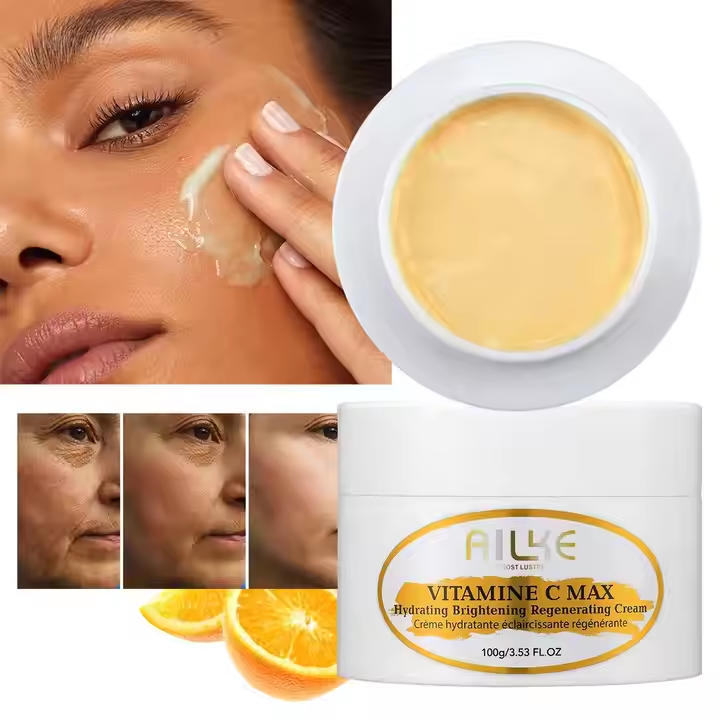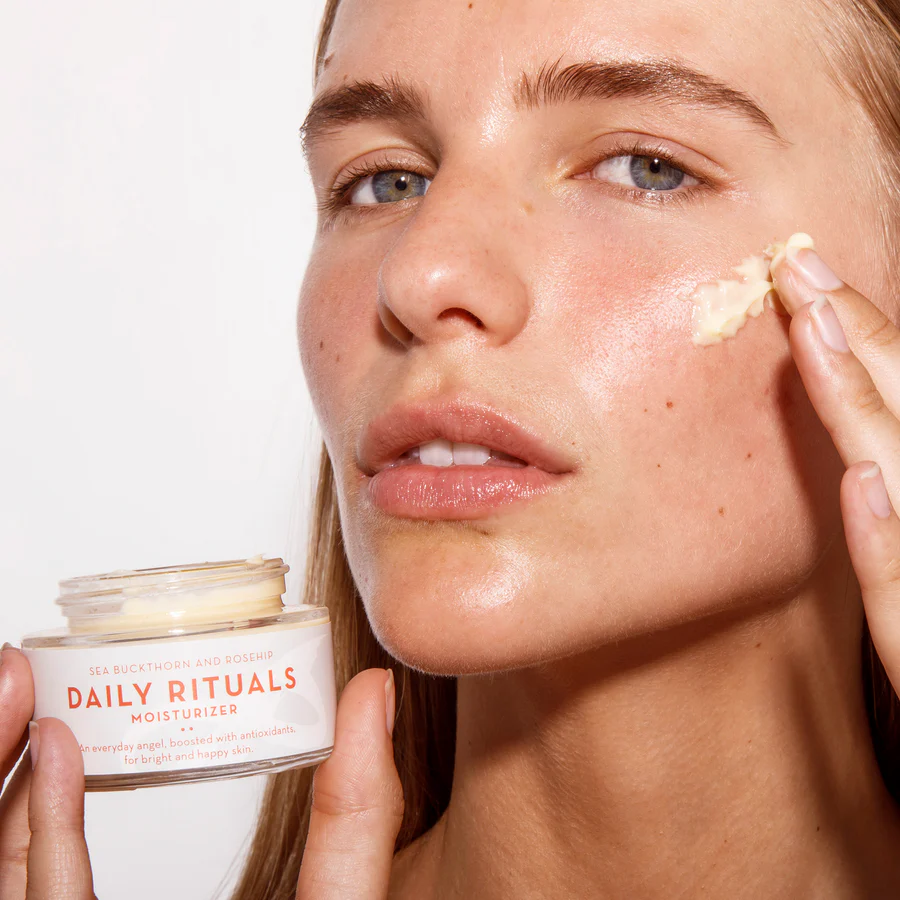
Best Face Cream for Dark Spots : Banishing Dark Spots
Understanding Dark Spots and Hyperpigmentation
Dark spots, also known as hyperpigmentation, affect millions of people worldwide. These stubborn blemishes appear as patches of skin darker than the surrounding area. Various factors contribute to their formation, including sun exposure, hormonal changes, acne scars, and aging. Melanin, the pigment responsible for skin color, accumulates in certain areas, creating these noticeable spots. While dark spots don’t pose health risks, many individuals seek to eliminate them for cosmetic reasons. The beauty industry has responded with a plethora of best face cream for dark spots specifically formulated to target these pesky marks.
These products aim to fade existing spots and prevent new ones from forming. Understanding the root causes of dark spots helps in choosing the most effective treatment. Sun damage remains the primary culprit, emphasizing the importance of sun protection in any dark spot treatment regimen. Hormonal changes, particularly during pregnancy or with the use of birth control pills, can trigger melasma, a form of hyperpigmentation. Post-inflammatory hyperpigmentation occurs after skin injuries or inflammation, common in acne-prone individuals. Age spots, also called liver spots, develop over time due to cumulative sun exposure and the natural aging process.

Key Ingredients in Dark Spot Correcting Creams
Effective dark spot correcting creams contain specific ingredients known for their ability to lighten pigmentation and even out skin tone. Hydroquinone, once considered the gold standard in hyperpigmentation treatment, works by inhibiting melanin production. However, concerns about its safety have led to the development of alternative ingredients. Vitamin C, a powerful antioxidant, not only brightens the skin but also protects against further damage. Kojic acid, derived from fungi, effectively lightens dark spots by inhibiting tyrosinase, an enzyme crucial in melanin production.
Niacinamide, a form of vitamin B3, reduces the transfer of melanin to skin cells while improving overall skin health. Alpha-arbutin, a natural derivative of hydroquinone, provides similar lightening effects without the associated risks. Licorice extract contains glabridin, which inhibits tyrosinase and offers anti-inflammatory benefits. Retinoids, derivatives of vitamin A, accelerate cell turnover, helping to fade dark spots more quickly. Azelaic acid, found naturally in grains, possesses skin-lightening properties and anti-inflammatory effects. Many formulations combine these ingredients for synergistic effects, enhancing their overall efficacy in treating dark spots.
Top Face Creams for Dark Spots in 2024
The market offers a wide array of face creams targeting dark spots, but certain products stand out for their exceptional results. “LuminousGlow Intensive Spot Treatment” by ClearSkin combines vitamin C and alpha-arbutin in a lightweight serum that visibly reduces dark spots within weeks. “EvenTone Radiance Cream” from NaturalBeauty harnesses the power of kojic acid and licorice extract in a rich, hydrating formula suitable for all skin types. For those seeking a more potent solution, “SpotEraser Pro” by DermaScience offers a prescription-strength blend of hydroquinone and retinol, available through dermatologists.
“BrightCell Renewal Complex” from HolisticSkin takes a natural approach, utilizing a combination of plant extracts and niacinamide to improve skin tone without harsh chemicals. “ClearComplex Fade Cream” by PureDerm has gained popularity for its innovative encapsulated vitamin C technology, ensuring stability and enhanced penetration. These top-performing creams have garnered rave reviews from users and skincare experts alike, solidifying their positions as leaders in the dark spot treatment market.
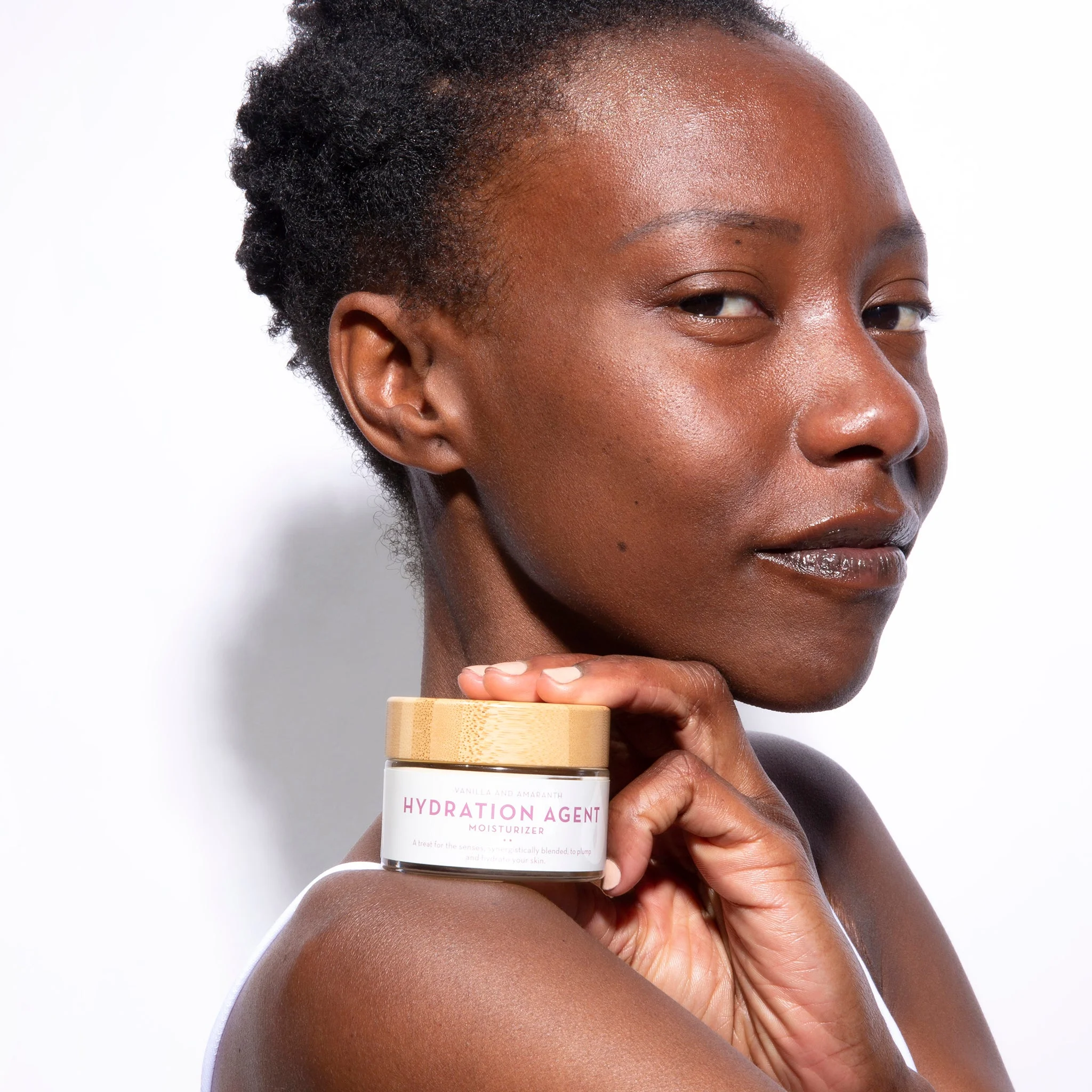
Application Techniques for Maximum Efficacy
The effectiveness of dark spot correcting creams can be significantly enhanced by proper application techniques. Cleansing the face thoroughly before application ensures that the skin is free from impurities that could hinder absorption. Many experts recommend applying these creams to slightly damp skin to improve penetration. Targeted application directly onto dark spots can maximize results, but some formulations are designed for all-over use to prevent future discoloration. Gentle patting motions, rather than rubbing, help the product absorb without irritating the skin.
Consistency is key when using dark spot creams; regular, daily application yields the best results over time. Most of these creams are best applied at night when the skin’s natural repair processes are most active. However, some formulations are suitable for daytime use as well. It’s crucial to follow up with a broad-spectrum sunscreen during the day, as many dark spot treatments can increase skin sensitivity to UV rays. Some products may cause initial tingling or redness, which is often normal as the skin adjusts to active ingredients. However, if irritation persists, it’s advisable to reduce the frequency of use or consult a dermatologist.
Combining Dark Spot Creams with Other Skincare Products
Integrating dark spot creams into a comprehensive skincare routine can maximize their benefits. However, it’s crucial to combine products thoughtfully to avoid irritation or reduced efficacy. Gentle cleansers prepare the skin for better absorption of the dark spot cream. Toners can help balance the skin’s pH and provide an additional layer of hydration. For those using multiple active ingredients, it’s often best to apply lighter serums before the dark spot cream. Exfoliation, when done 1-2 times a week, can enhance the penetration of the cream by removing dead skin cells.
However, over-exfoliation should be avoided as it can lead to sensitivity and potentially worsen hyperpigmentation. Moisturizers can be applied over dark spot treatments to lock in hydration and prevent dryness. When using retinol-based dark spot creams, it’s important to introduce them gradually and avoid combining them with other potentially irritating ingredients like alpha-hydroxy acids. Sunscreen remains a non-negotiable step in any dark spot treatment routine, protecting the skin from further damage and preventing the formation of new spots.
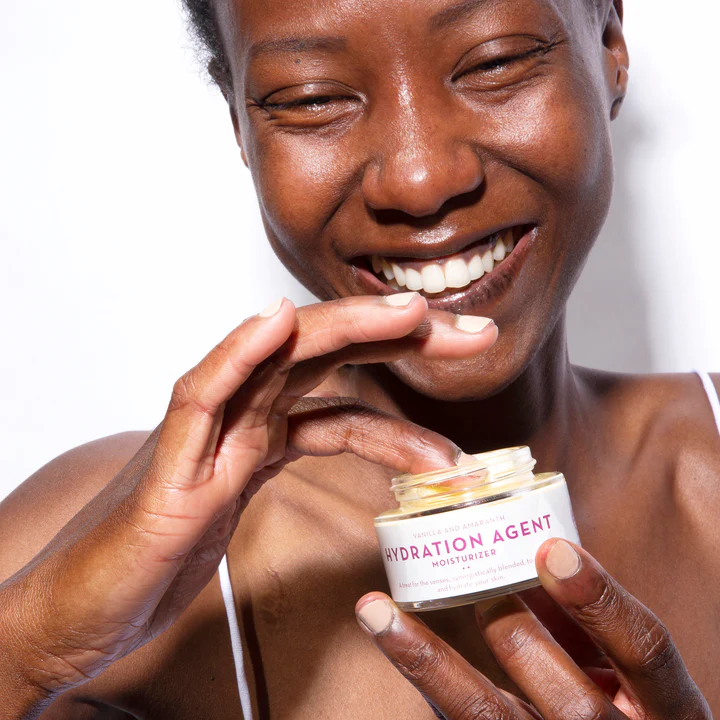
Managing Expectations and Understanding Results
While dark spot correcting creams offer impressive benefits, it’s essential to manage expectations regarding their results. Unlike instant cosmetic fixes, these creams provide gradual improvements over time. Most products require consistent use for 4-12 weeks before significant changes become visible. The extent of improvement can vary depending on factors such as the depth and age of the dark spots, skin type, and overall skin health. Newer, superficial spots tend to respond more quickly to treatment compared to older, deeper pigmentation.
It’s important to note that while these creams can significantly improve skin appearance, they may not completely eliminate all dark spots, especially in cases of severe hyperpigmentation. Factors like sun exposure, hormonal fluctuations, and genetics also play a role in how the skin responds to these products. Taking “before” photos can help track progress, as day-to-day changes may be subtle. Some users may experience temporary effects like increased brightness immediately after application, but long-term results come from consistent use over time. Setting realistic expectations and committing to a long-term skincare routine will lead to the most satisfying outcomes when using dark spot correcting creams.
Potential Side Effects and Precautions
While dark spot correcting creams are generally safe for most users, they can occasionally cause side effects, particularly in those with sensitive skin. Common reactions include redness, irritation, or a slight tingling sensation, especially when first introducing the product. These effects often subside as the skin adjusts to the active ingredients. However, persistent irritation warrants discontinuation and consultation with a dermatologist. Some individuals may experience dryness or peeling, particularly with products containing retinoids or high concentrations of active ingredients.
In rare cases, allergic reactions can occur, manifesting as itching, swelling, or severe redness. It’s advisable to perform a patch test before full application, especially for those with a history of skin sensitivities. Pregnant or breastfeeding individuals should consult their healthcare provider before using dark spot creams, as certain ingredients may not be suitable. Those with underlying skin conditions or using prescription skincare should check with their dermatologist to ensure compatibility with dark spot treatments. Sun sensitivity can increase with the use of certain active ingredients, making diligent sun protection crucial to prevent further hyperpigmentation.
The Science Behind Dark Spot Correction
The efficacy of dark spot correcting creams is rooted in scientific research and understanding of skin pigmentation processes. Melanin production occurs in melanocytes, specialized cells in the skin’s basal layer. Dark spot treatments work by targeting various stages of this melanin production and distribution process. Some ingredients, like hydroquinone and kojic acid, inhibit tyrosinase, the enzyme responsible for initiating melanin synthesis. Others, such as vitamin C and alpha-arbutin, interfere with the oxidation of existing melanin, leading to a lightening effect.
Exfoliating agents like retinoids and alpha-hydroxy acids accelerate cell turnover, helping to shed pigmented cells more quickly. Antioxidants play a crucial role in preventing further damage by neutralizing free radicals that can trigger melanin production. Advanced formulations often incorporate multiple mechanisms of action for synergistic effects. Ongoing research continues to uncover new pathways and ingredients for targeting hyperpigmentation, driving innovation in the dark spot treatment market. Understanding the science behind these treatments helps in developing more effective and targeted solutions for various types of hyperpigmentation.
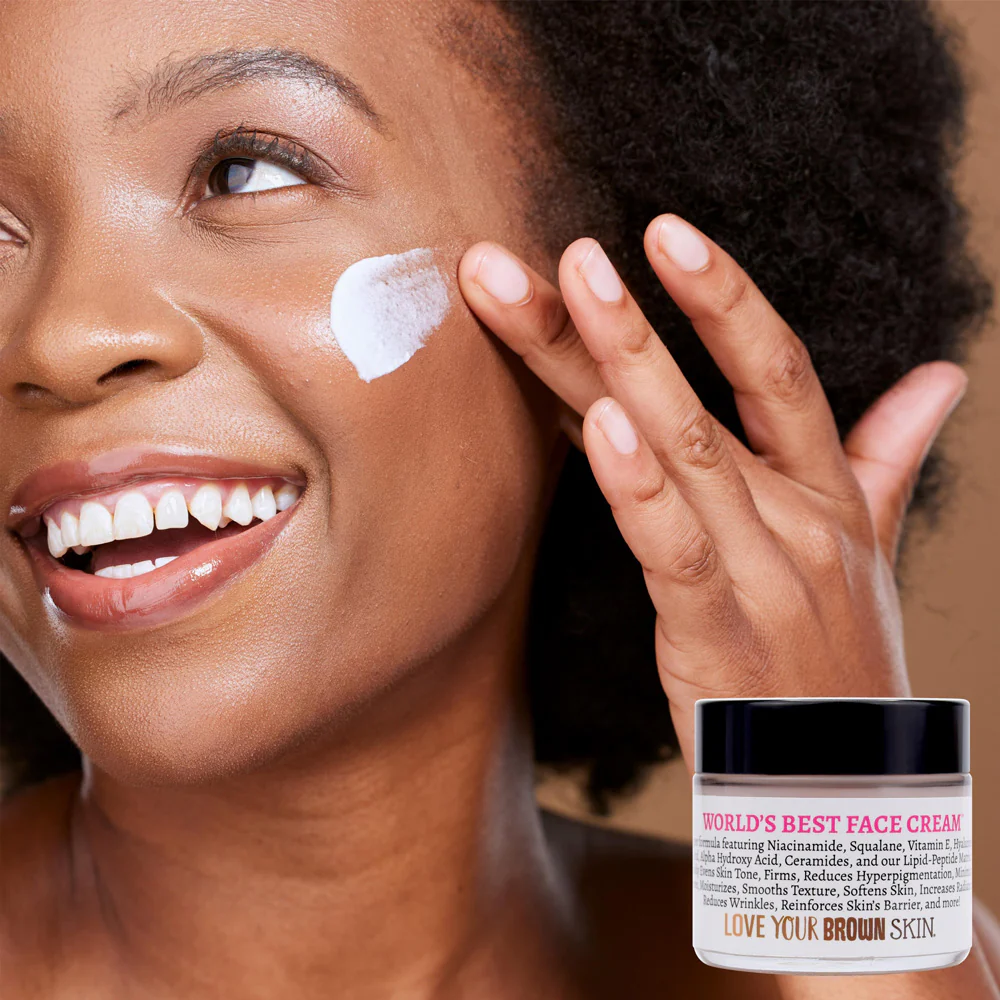
Natural and DIY Remedies for Dark Spots
While commercial products offer potent solutions, many individuals turn to natural and DIY remedies for treating dark spots. Lemon juice, rich in vitamin C, has natural bleaching properties that can help lighten pigmentation when applied topically. However, it should be used with caution due to its potential to cause irritation and increased sun sensitivity. Aloe vera gel contains aloin, a compound known for its skin-lightening effects, and can be applied directly to dark spots. Turmeric, a spice with powerful anti-inflammatory and antioxidant properties, can be mixed with honey or yogurt to create a brightening face mask.
Green tea extract, high in polyphenols, offers both lightening and protective benefits when applied to the skin. Apple cider vinegar, diluted with water, may help exfoliate the skin and reduce the appearance of dark spots over time. While these natural remedies can be effective for mild cases of hyperpigmentation, they typically work more slowly than commercial products and may not be suitable for severe cases. It’s important to note that even natural ingredients can cause skin reactions in some individuals, so patch testing is always recommended. Additionally, consistency and sun protection are crucial when using any form of dark spot treatment, including natural remedies.
The Future of Dark Spot Treatment
The field of dark spot treatment continues to evolve, driven by advancements in skincare technology and a deeper understanding of skin biology. Future trends point towards more personalized solutions, with brands offering customizable formulations based on individual skin analysis and specific types of hyperpigmentation. The integration of artificial intelligence and machine learning may lead to smart skincare systems that adjust product recommendations based on real-time skin conditions and environmental factors. Research into the skin’s microbiome is opening new avenues for probiotic and prebiotic-infused dark spot treatments that work in harmony with the skin’s natural ecosystem.
Gene therapy and stem cell research may eventually lead to groundbreaking treatments that address hyperpigmentation at the cellular level. As concerns about ingredient safety continue to grow, the industry is likely to see an increase in plant-based and “clean” formulations that offer powerful results without controversial chemicals. The line between skincare and technology continues to blur, with the potential for wearable devices that enhance the efficacy of dark spot treatments or provide real-time monitoring of skin pigmentation changes.
